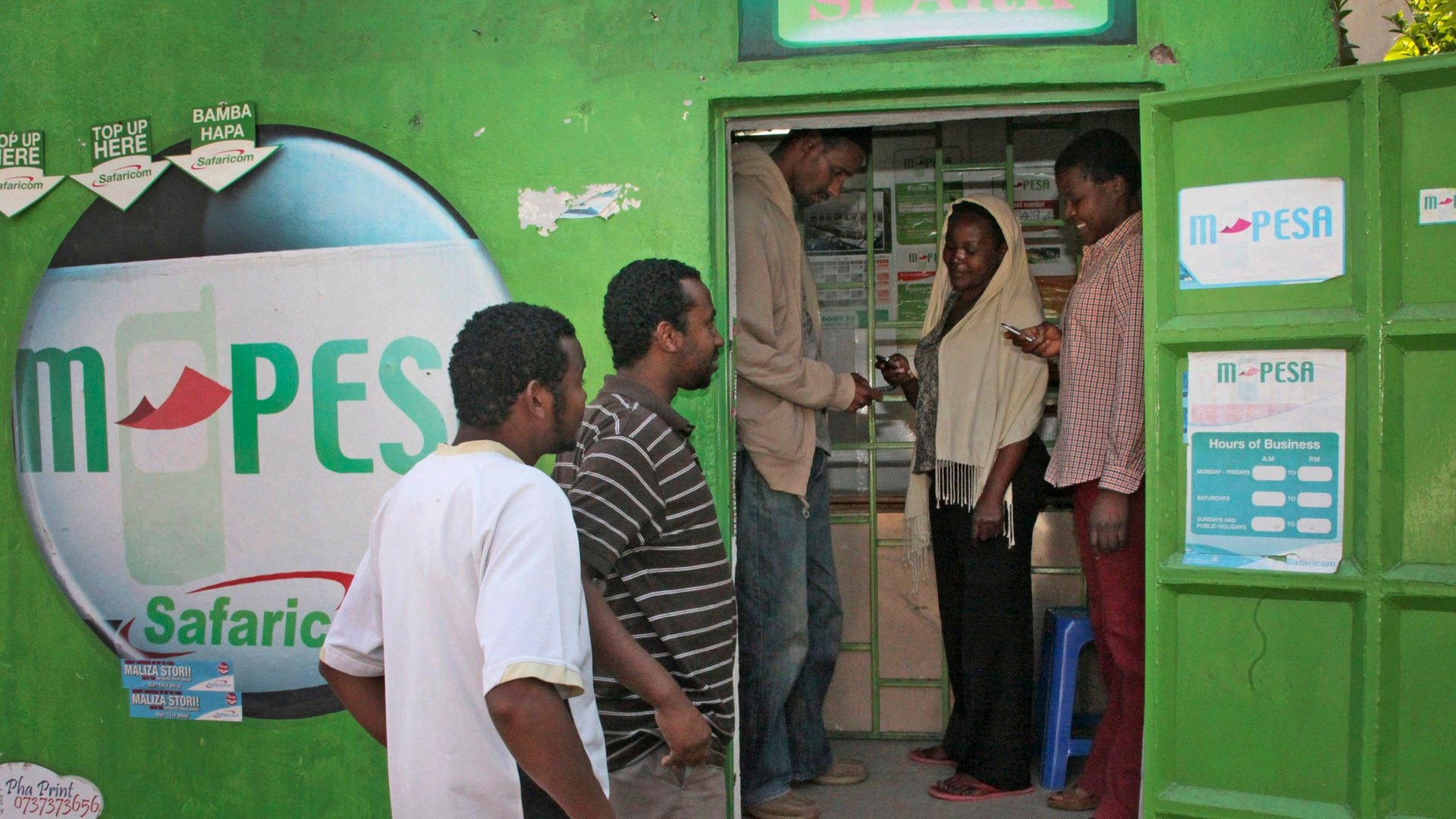Fintech isn’t disrupting Africa’s financial industry—it’s building it
African fintech is not disrupting the existing financial service providers. This is because, in many areas of the continent, there is nothing to disrupt, with large swathes of the low and lower middle income segments unserved or under-served when it comes to formal financial services.


African fintech is not disrupting the existing financial service providers. This is because, in many areas of the continent, there is nothing to disrupt, with large swathes of the low and lower middle income segments unserved or under-served when it comes to formal financial services.
Across most of the continent, there is no formal banking or financial infrastructure in rural areas, due to the high cost of rolling out banking infrastructure. Even those in urban areas are priced out of more developed financial services such as credit and insurance.
This is in sharp contrast to developed economies, where traditional banks and institutions have a broad presence, and the majority of consumers are able to get loans or purchase insurance. There, fintech is about disrupting these markets to offer better services at lower cost. In most of Africa, it is disrupting nothing at all at this point, because financial services still remain inaccessible to many in the lower and middle-income segments.
Banks have, in a way, admitted their own failure in building sufficient and accessible infrastructure by leaving the rollout of mobile money services mostly to mobile network operators. These mobile wallets are functioning as bank accounts in most cases. They offer better services at lower cost and this means there is likely to never be a need for most Africans to adopt traditional banking services. The products that traditional banks have to offer are not relevant to these unserved or under-served customers.
Therein lies the real opportunity for fintech startups in Africa. Rather than disrupting an existing infrastructure as their counterparts in the developed world are, they are in fact building a whole new infrastructure of their own. The uptake of mobile money across the continent, and the access mobile wallets have then offered to other financial services such as insurance and loans, show that fintech offerings have the potential to succeed across Africa.
One such example of groundbreaking, innovative fintech is MFS Africa, which has connected 80 million mobile wallets in Africa, enabling cross-currency, cross-border, cross-network payments through entirely new infrastructure. Another example is Nomanini, which is rolling out a payments platform for informal merchants across the continent. This is the exciting thing about the fintech revolution in Africa. It is building an industry from scratch, and doing things traditional banks could never do themselves.
Traditional banks are now reaching out to fintech startups on the continent, with initiatives such as the recent Barclays Africa Accelerator which took place in Cape Town, South Africa. Banks know that they have failed when it comes to reaching lower income consumers in informal markets, and they are therefore turning to more innovative, younger companies to help them connect with these consumers, which in turn gives small companies the chance to scale much faster.
The reason this is important is that, unlike elsewhere in the world, in Africa the biggest market is an under-served market. With around 330 million adult Africans—approximately 80 per cent of the continent’s adult population—lacking access to formal financial services, the vast majority of potential customers are, as yet, unclaimed. Even those that are technically served by banking infrastructure are prevented from accessing credit due to a lack of information on them. Fintech offers the most likely way of claiming these customers, and traditional banks are gradually realizing this. As a result, people are obtaining access to formal financial services more quickly than ever before.
It is this opportunity, and the size of this unclaimed market, that has resulted in such levels of investment in African fintech companies. Investment is flooding into startups providing innovative ways of offering financial services, with companies in the fintech space taking on almost 30% of the total funding raised by African tech businesses in 2015.
Yet where such a large, under-served market exists, there are dangers. Providing financial services to lower income groups must be done carefully. There are opportunities for those that do not care about the end-user as much as there are for those that do. In a market where no financial services infrastructure exists, irresponsible payday lenders and other consumer finance providers could cause great damage, creating a new credit bubble.
In order to protect Africa’s unbanked and underbanked from the surge in products that will shortly be at their disposable, there is a need for better regulation of mobile financial services in Africa. We need some form of code of conduct that can ensure end-users are protected from harmful practices and served responsibly.
The GSMA Mobile Money Code of Conduct, the SMART Campaign and the UN Principles for Responsible Investment are already providing a useful set of guidelines, but all of us involved in fintech in Africa as operators or investors must do more to ensure the end-user of mobile financial services is protected.